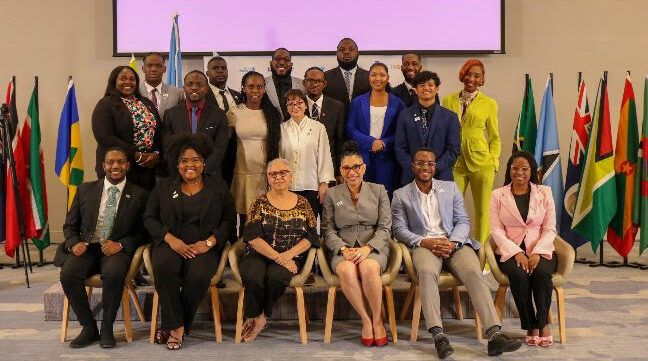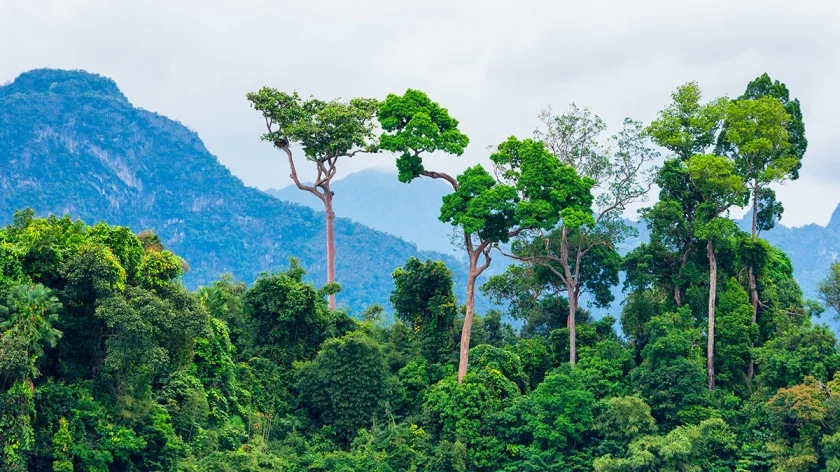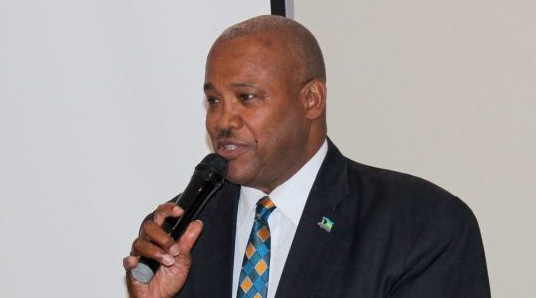KINGSTON, Jamaica, Nov. 05, 2014, CNS – Climate Change is here to stay and journalists need to find ways of highlighting how the livelihoods of men and women and their families are seriously at risk as a result of this phenomenon.
This was the view expressed by Project Director at Friedrich Ebert Stiftung (FES) Jamaica, Judith Wedderburn, during the opening of a two-day workshop for regional journalists here.
“We need to explore the ways in which climate change affect women and men differently,” urged Wedderburn who acknowledged that journalists have a particular challenge when it comes to covering climate change.
“Climate change is not sexy. It’s not about violence or crime, or drugs or HIV/AIDS, all of which sell newspapers and attract viewers and listeners for TV and radio much easier. So you have to find a way to make it sell, which is part of why we are here,” she said.
The workshop provides an opportunity for participating journalists to share experiences and learn lessons for the effective coverage of climate change, which is widely considered one of the toughest challenges facing the region. It also aims to provide insight into the upcoming International Climate Change Talks to be held in Lima, Peru, and gives details on what is at stake for the Caribbean at those deliberations as well as in a larger climate context.
The Friedrich Ebert Stiftung is a non-profit German political foundation committed to the advancement of public policy issues in the spirit of the basic values of social democracy through education, research, and international cooperation. The foundation, headquartered in Bonn and Berlin, was founded in 1925 and is named after Friedrich Ebert, Germany's first democratically elected president.
FES is collaborating with Panos Caribbean to host the workshop.
Panos is a regional organisation that works to strengthen civil society by helping journalists to cover sustainable development issues that are overlooked and misunderstood, in particular those whose impact transcends national boundaries.
“Panos and FES have some experience on gender in climate change and disaster risk management,” Wedderburn said, adding it is her hope that the workshop will play a role in helping journalists to better prepare themselves in covering climate change.
CNS/db/2014



